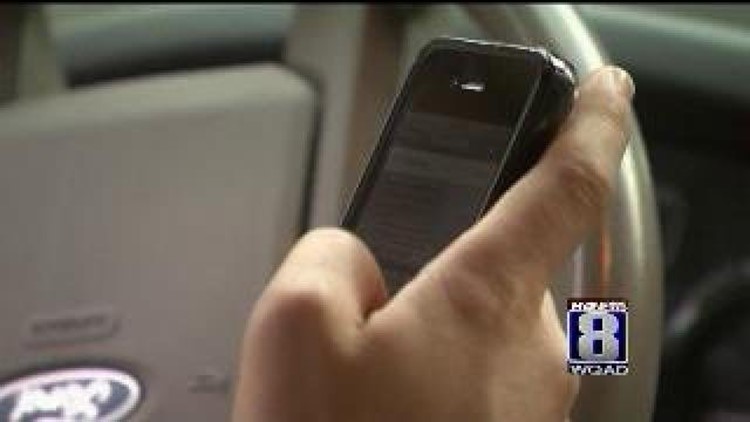(CNN) — The Supreme Court was at odds Tuesday in trying to balance the level of privacy cell phone owners deserve with legitimate concerns of law enforcement.
In oral arguments, the justices tackled the collision of a fundamental constitutional right with omnipresent technology reshaping personal communications, and in many cases, society.
The issue: when and whether police must obtain a warrant to search data on the cell phone of a person under arrest.
What was clear after two hours was that strict constitutional rules favoring one side or the other were not likely to emerge from a seemingly divided and cautious court again examining Fourth Amendment protections in an evolving area of criminal investigation.
Still, potentially far-reaching rulings are expected in June.
The justices offered tough questions to lawyers involved in appeals involving suspects in Massachusetts and California convicted, in part, after phone numbers, text messages, photos and addresses obtained from personal electronic devices linked them to criminal drug and gang activity.
The complexity of the case was summed up in these remarks by Justices Samuel Alito and Elena Kagan:
“What is the difference between looking at hardcopy photos in a billfold and looking at photos that are saved in the memory of a cell phone?” asked Alito. “I don’t see that there’s much of a difference” allowing the search of one and not the other.
But Kagan raised other concerns.
“A person can be arrested for driving without a seat belt. And the police could take that phone and could look at every single e-mail that person has written, including work e-mails, including e-mails to family members, very intimate communications, could look at all that person’s bank records, could look at all that person’s medical data,” she said. “Now, that strikes me as a very different kind of world than the kind of world that you were describing where somebody has pictures of their family in a billfold.”
The cases are U.S. v. Wurie (13-212) and Riley v. California (13-132)



